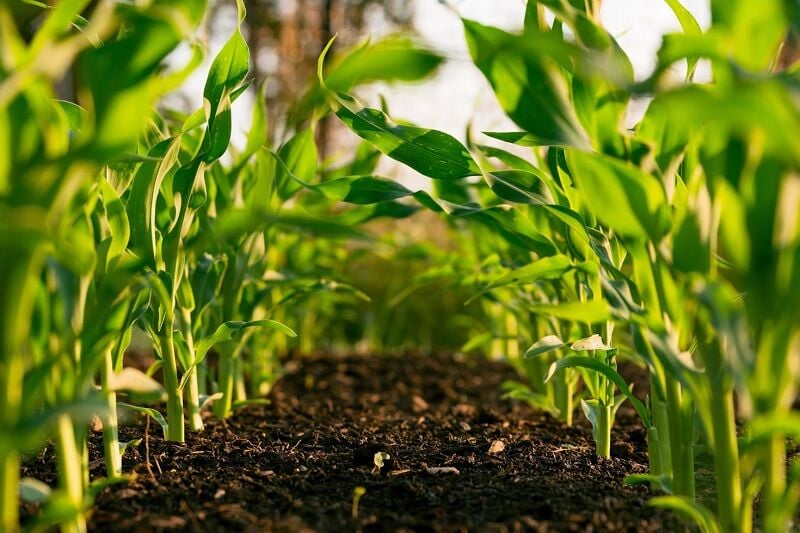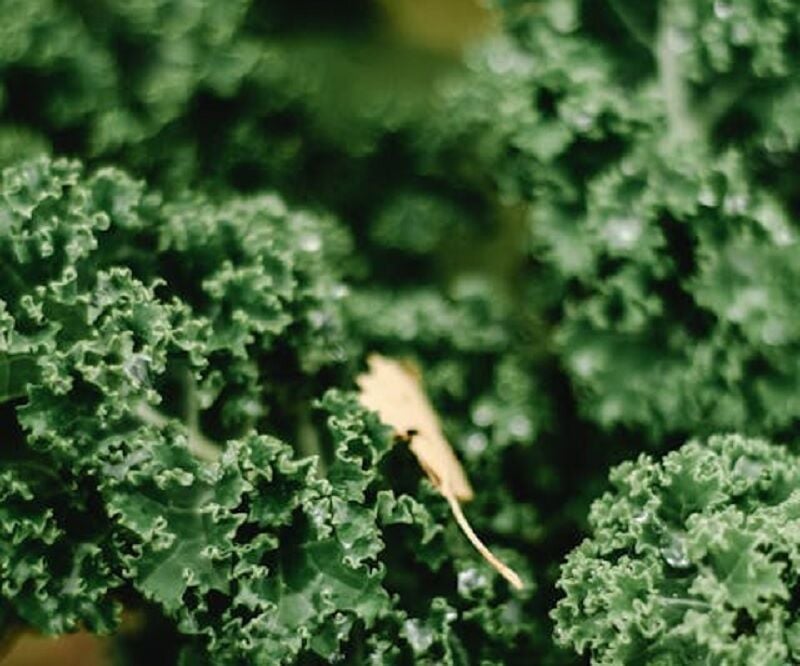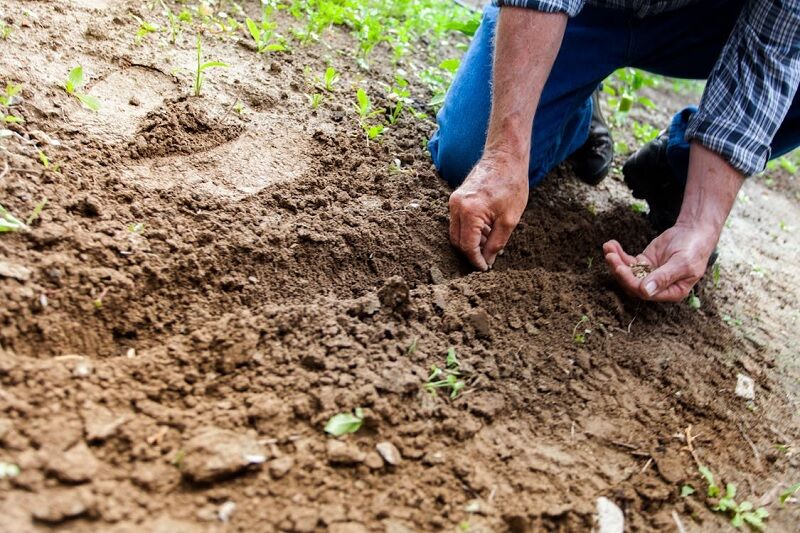How to set up organic cannabis farm in Thailand

Tackling Thailand’s cannabis industry regulations and best practices might seem like climbing Everest, but guess what? It’s totally achievable, Armed with insider know-how and the right connections, you’ll discover that Thailand is not just fertile soil for growing cannabis—it’s ripe for blossoming your business dreams too. Take inspiration from certified cultivators, setting sky-high benchmarks in cultivation and compliance, where safety and quality reign supreme.
Dive deeper, and you’ll uncover all you need about securing land, acclimating to Thailand’s unique climate conditions, and why buddying up with seasoned pros is crucial. The synergy between top-tier experts and esteemed institutions like Kasetsart University showcases just how much expertise and passion power success here. So, let’s jumpstart this thrilling green adventure together! Discover how to plant your roots with an organic Thai cannabis farm in 2024, positioning it to flourish in Thailand’s competitive environment.
Thailand’s legal landscape for cannabis farming

Licensing and permit requirements
For entrepreneurs exploring the domain of organic Thai cannabis cultivation, comprehension of Thailand’s legal framework is imperative. The acquisition of necessary licenses and permits constitutes the foundation of your operation’s legal status. Applicants must engage in a comprehensive process, managed by the Thai Food and Drug Administration (FDA) and the Ministry of Public Health. This process requires extensive documentation that demonstrates your farm’s compliance with safety and quality standards. It is essential to recognize that each document submitted plays a crucial role in legitimizing your business under Thai law.
Adherence to regulations is mandatory. The organic nature of your enterprise necessitates rigorous scrutiny over the procurement and utilization of substances. Your establishment must conform not only to cannabis-specific regulations but also to those pertaining to organic certification. Possession of both sets of credentials will significantly bolster your market position and consumer confidence.
Amendments to cannabis legislation
The evolution of Thailand’s cannabis legislation presents new opportunities for organic Thai farms. The pivotal decision in 2018 to decriminalize medical cannabis initiated a sequence of regulatory reforms. Keeping abreast of these legislative changes is vital; modifications anticipated in 2024 may influence cultivation methods, distribution networks, or the range of allowable cannabis products.
Subsequent amendments have somewhat relaxed cultivation constraints, indicative of the government’s increasing endorsement of the cannabis sector. However, such legal relaxations are accompanied by more stringent evaluations regarding quality and safety standards. For organic cultivators, this denotes increased oversight of organic practices and outputs. It is critical to incorporate these legislative developments into your operational strategy, ensuring that your business operations remain transparent and within regulatory compliance.
Preparing for organic farming in Thailand

Identifying the optimal location
The selection of an appropriate location is paramount in establishing a thriving organic Thai farm dedicated to cannabis cultivation. Thailand’s varied topography presents a range of microclimates, each providing distinct advantages for the cultivation process. It is imperative to seek areas characterized by fertile soil, sufficient water supply, and proximity to necessary infrastructure that will bolster farming endeavours. Preference should be given to locales with a proven track record of agricultural productivity, particularly those recognized for organic farming methodologies. Additionally, the accessibility to markets and the legal framework governing cannabis cultivation in the selected region are essential considerations. Adherence to regulatory standards pertaining to land usage and cannabis cultivation within Thailand is obligatory. The chosen site must support compliance with these statutory requirements, facilitating seamless operations.
Comprehending climate for maximum yield
Cannabis exhibits optimal growth under specific climatic conditions, and Thailand’s tropical climate offers potential benefits for organic cannabis farms. However, a comprehensive understanding of Thailand’s climatic variations is crucial for enhancing plant development and maximizing yield. The country undergoes three principal seasons: rainy, cool, and hot; each impacts cannabis growth distinctly. An optimal planting strategy leverages the onset of the rainy season to allow juvenile plants access to natural hydration sources while diminishing reliance on elaborate irrigation frameworks. During the hot and cool seasons, attention shifts towards temperature regulation and humidity control respectively, to avert heat stress caused to plants and susceptibility to diseases.
To achieve maximum growth potential, it is advisable to formulate a cultivation timetable that aligns with these seasonal transitions meticulously. Adopting organic farming techniques that increase resilience against climatic fluctuations—such as mulching for soil moisture preservation and utilizing shade nets for sun protection—is recommended. A thorough comprehension of climate-related influences on cannabis growth permits the implementation of strategies aimed at risk mitigation, guaranteeing a vigorous and prolific crop yield.
Commencing an endeavour to establish an organic Thai cannabis farm demands an acute awareness of both regulatory landscapes and agricultural practices suitable for Thailand’s environmental conditions. Through careful location selection and adaptation of your cultivation methods according to climatic requirements, you can ensure your organic farm’s success within Thailand’s rapidly evolving cannabis industry.
Cultivation essentials for organic Thai cannabis

Picking the perfect cannabis strains
Starting off on the right foot means picking just the right cannabis strains that feel at home in Thailand’s unique climate and soil. Think about going for local strains or those that are known to thrive in tropical weather. It’s pretty important to get your seeds or clones from reliable sources to make sure you’re getting top-notch quality. This step is super crucial because the type of strain you pick affects not just how well your plants will grow but also how popular they’ll be in the market.
Embracing eco-friendly farming
To keep an organic Thai cannabis farm humming along happily, embracing eco-friendly farming methods is key. Let’s talk soil: nourishing it with organic compost and natural fertilizers is like giving your plants a health spa treatment, encouraging them to grow strong while keeping Mother Nature smiling. Saving water through smart methods like drip irrigation keeps your plants hydrated without wasting precious H2O. And when it comes to pests, choosing nature-friendly ways to keep them at bay protects your crops and the planet. Being committed to green farming isn’t just good vibes—it’s smart business too.
Organic farming techniques
Levelling up in organic farming means getting friendly with some cool, earth-loving techniques. Companion planting isn’t just about making friends; it helps enrich the soil, fend off pests, and boost plant happiness naturally. Diving into permaculture lets you design a farm that takes care of itself, standing strong against whatever Mother Nature throws its way. And don’t forget about giving your soil some love with stuff like mycorrhizal fungi and bone meal for top-tier fertility that makes your cannabis plants flourish. They are a win-win for providing extra light without hurting our planet—a bright idea for boosting growth sustainably.
Setting up your cannabis farm
First things first, setting up cosy homes for your plants is key. Think about building some greenhouses or polytunnels. They’re super helpful for controlling the weather around your crops, keeping those pesky pests at bay, and letting you grow your plants for longer periods—all without having to use any harsh chemicals. Plus, they fit right into the Thai climate.
Water is precious, so let’s talk about how to keep your plants happy and hydrated without wasting a drop. A drip irrigation system is like giving each plant its own little water bottle that drips just enough water directly to its roots. It’s efficient for the planet. And hey, why not power your farm with sunshine? Solar panels are a fantastic way to keep things running smoothly in line with Mother Nature.
Soil is pretty much the bedrock of organic farming. Bringing in a composting system means you can recycle organic waste into gold to enrich your soil naturally. Don’t forget to check on your soil’s health regularly with quality testing kits; healthy soil equals thriving cannabis plants!
Now onto keeping your green oasis safe and sound while playing nice with the law. Good fences make good neighbours, but they also keep out unwelcome visitors. Add some CCTV cameras to the mix for an extra layer of security and peace of mind.
Additionally, the market for cannabis, particularly in the organic sector, is driven by consumer demand for quality and sustainability. This necessitates a flexible business model capable of pivoting according to market trends and preferences. Engaging directly with consumers and stakeholders through social media and community events can provide invaluable insights into evolving expectations. Furthermore, developing a diverse range of organic cannabis products, from medicinal to recreational, ensures your farm meets varied consumer needs while tapping into new growth avenues. By anticipating market shifts and regulatory updates, your farm remains resilient, adaptable, and on a path of sustained growth.
Considering the above-shared details, You can also check out the ultimate guide to starting a cannabis business in Thailand, The potential of the cannabis market is compelling; however, it comes with its set of challenges. Effective management of finances, navigating through licensing costs, and staying updated on regulatory shifts are pivotal elements that will influence your business’s success.
Latest Thailand News
Follow The Thaiger on Google News:


























